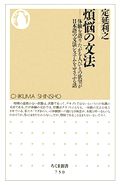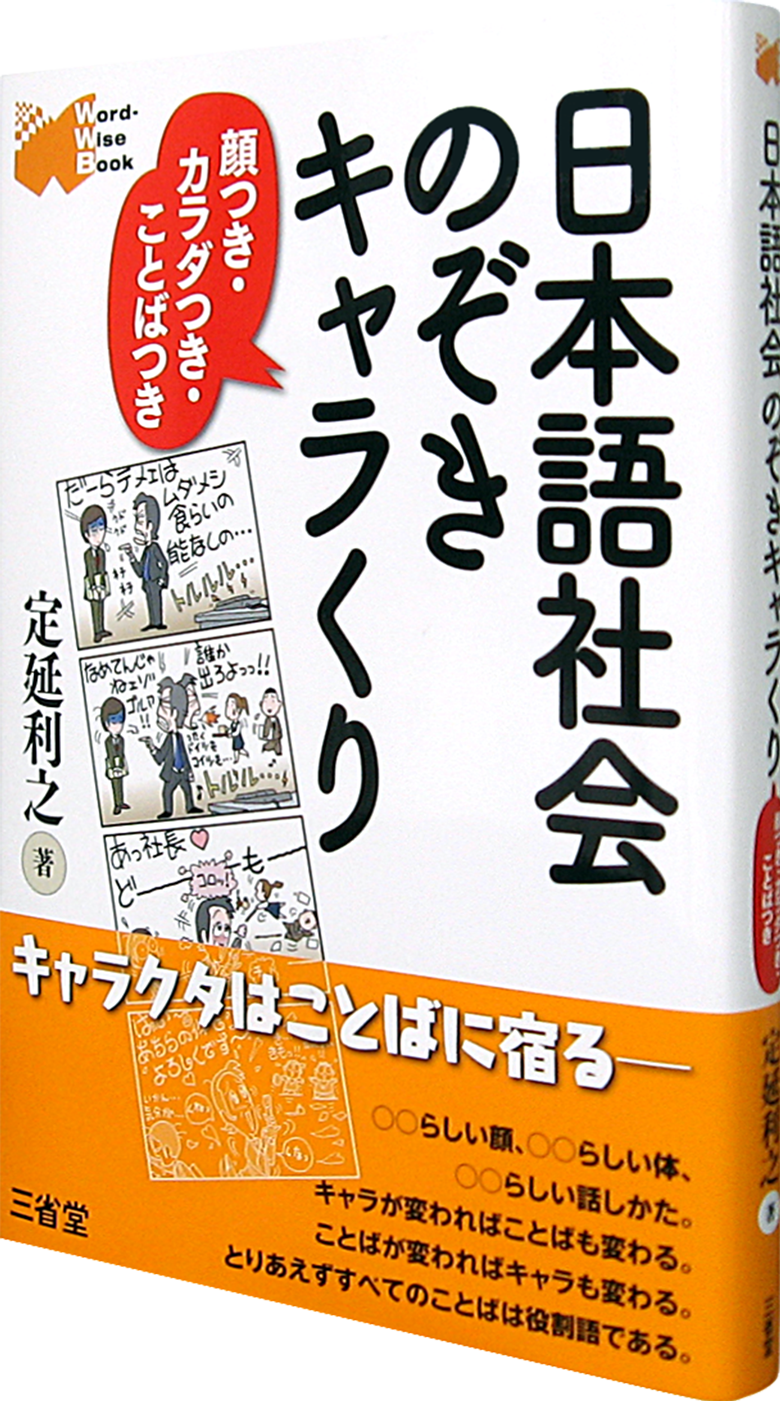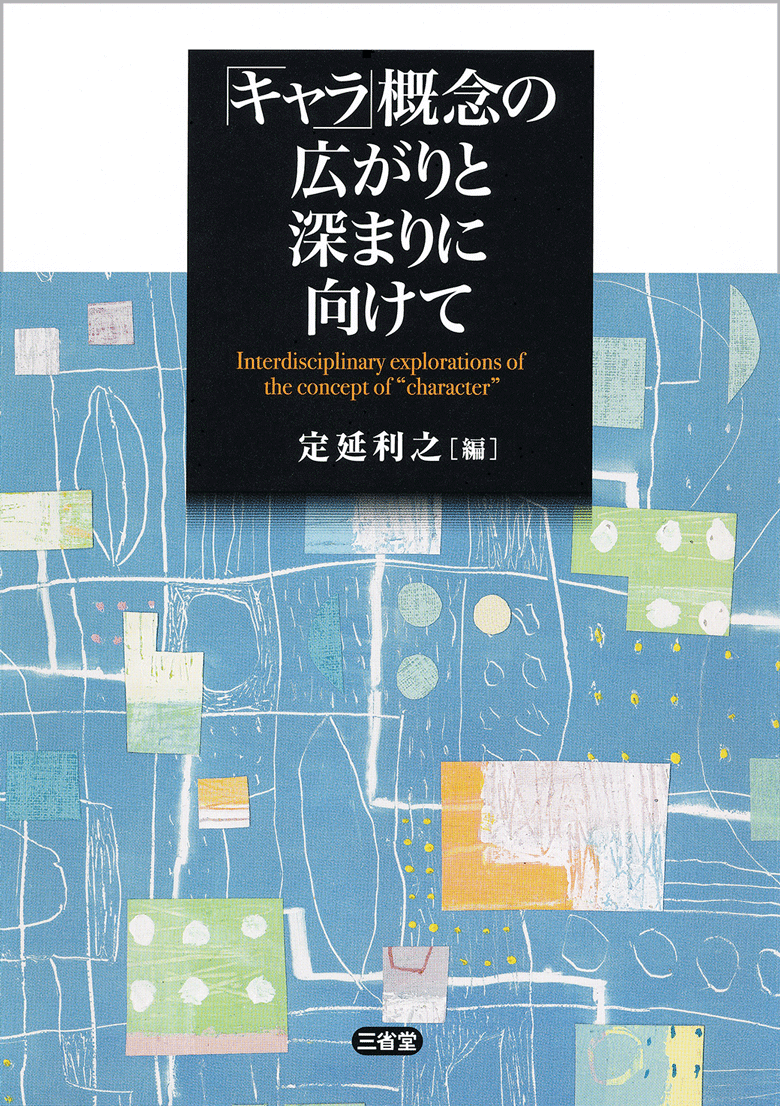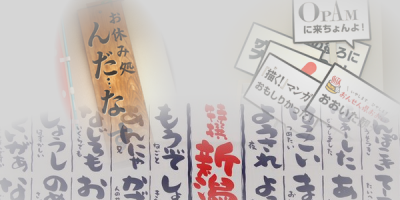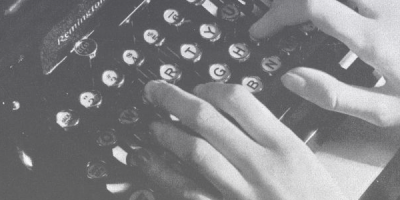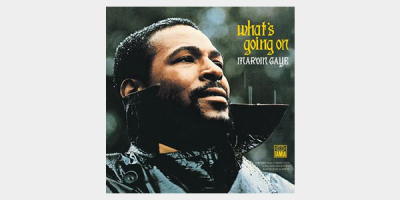An often overlooked case related to the “Kansai native” character is public prosecutor Yokoi from Takahashi Kazumi’s Hi no Utsuwa. What kind of person is Yokoi? He is this kind of person.
“I was a communist back then.” Yokoi, who was from Kansai and shared a room with me, for some reason had never been promoted. He was always made to handle the burglars and pickpockets, and was always joking around. He dropped cases against all first-time offenders without even interrogating them.
“How could you be such an idiot?! Your kid is about to start middle school, and he doesn’t even have a bag or a pair of leggings. So you stole them from a department store. Moron! You took a train to the department store, didn’t you? Did you walk? You wrote right here that you took the train. If you had saved up your train fare, tightened your belt a bit, you could have bought the things you stole… what do you mean you did it out of motherly love? As for the leggings, you could have made a pair out of an old blanket or your waistcloth. Understand? I’m going to give you a break this time. But if you do this again you’re going straight to prison. Got it? Right.”
Even in the prosecutors’ office, Yokoi’s dropping of cases became a problem for a while. But, he overwhelmed the opposition at our meetings with his blunt Osaka accent and articulate reasoning for not prosecuting first-time offenders.
[TAKAHASHI Kazumi, Hi no Utsuwa 1962]
By the by. Later in the story, when the “Premeditated Crime Research Committee, advised by Public Prosecutor Washio of the Public Safety Division, analyzed the letters, records of interrogation, and records of a probation officer, regarding the rehabilitation, or faked rehabilitation, of a leftist youth,” it is described as follows.
“Let’s go back to the start of the argument.” Sitting next to me, Prosecutor Hatoda expelled the kind of bad breath particular to ulcer sufferers as he spoke. “If, after re-arresting Mr. A, we give the examining judge that legal argument, he will probably decide that the statement of rehabilitation, dated 1931, is false, and in light of Mr. A’s behavior, should question the problem of his faked rehabilitation. Wouldn’t that have more merit?”
“What merit?” Yokoi said, rudely putting an elbow on the table. Amazingly, he did not use Kansai dialect. “I only joined this research committee because Prosecutor Masaki invited me. I’ve participated in the committee every week and researched various legal precedents and behavior, namely Manabe, Sano, and Mitamura. However, I have always secretly thought that one day we’d have to ask ourselves: What in God’s name are we trying to learn? Surely someone would say it, I thought, but nobody did. This is a good opportunity. So let me say it. What I want to say is this: Because we are the ones who do the questioning, we ourselves are being questioned. Each of us is asked, what, to thinking animals such as humans, is thought? Have you never asked yourself, what is thought to beings like us? Are we trying to prove that humans are monkeys? Do we want to know that pain is the human condition? Or are we looking for the characteristics of the ‘blood and earth’ of the Japanese people?”
It was too dark to read the expressions of the people sitting across from me. In the darkness, I couldn’t distinguish outside from inside. The blackboard, and Washio standing tensely beside it, was just a mass of shadow. But nobody got up to flip the switch next to the door. Yokoi’s voice went on.
“Where’s the nobility in scholarship and research? I suppose one facet of scholarship is proving and reveling in the fact that humans are humans, but has there been even a glimpse of nobility in our research? A single being, confronted with huge, overwhelming authority, reduced to its two legs, two hands, its fragile skin, and its hairs, which don’t even protect its body, will scream for its minimal right to continue living.
That scream, the pain of that voice, is the only truth. Whether it’s screaming “A” or “B,” it only proves the fundamental principle that “life wants to live.” That’s no surprise. You could say from the record of the preliminary trial questioning, the trial records, the written descriptions and the letters that this rehabilitation was brought about by the love of the family. You could categorize this or that as remorse felt while under arrest, that as personality, this as racial awareness and so on. You could say the incontrovertible facts of that premeditated crime are such-and-such, or the motivation of this crime against the state are this or that, and run your statistics on them. But what is the point?
What’s the point of analyzing and arguing, like flies sucking the blood out of a corpse? Masaki, you’re the theorist of this research group. You have the most enthusiasm for this problem. I’d like to hear your answer. You were so eager to get us to participate in this research committee. What are you so passionate about? What the Hell are you hoping to find out?
[TAKAHASHI Kazumi, Hi no Utsuwa 1962]
Hmm… although Yokoi’s words leave us with a lot of… unanswered questions, it’s getting late, and today’s column is already twice its usual length, so I would, like to adjourn for now and pick up where we left off next time. Thank you.
(To be continued)


